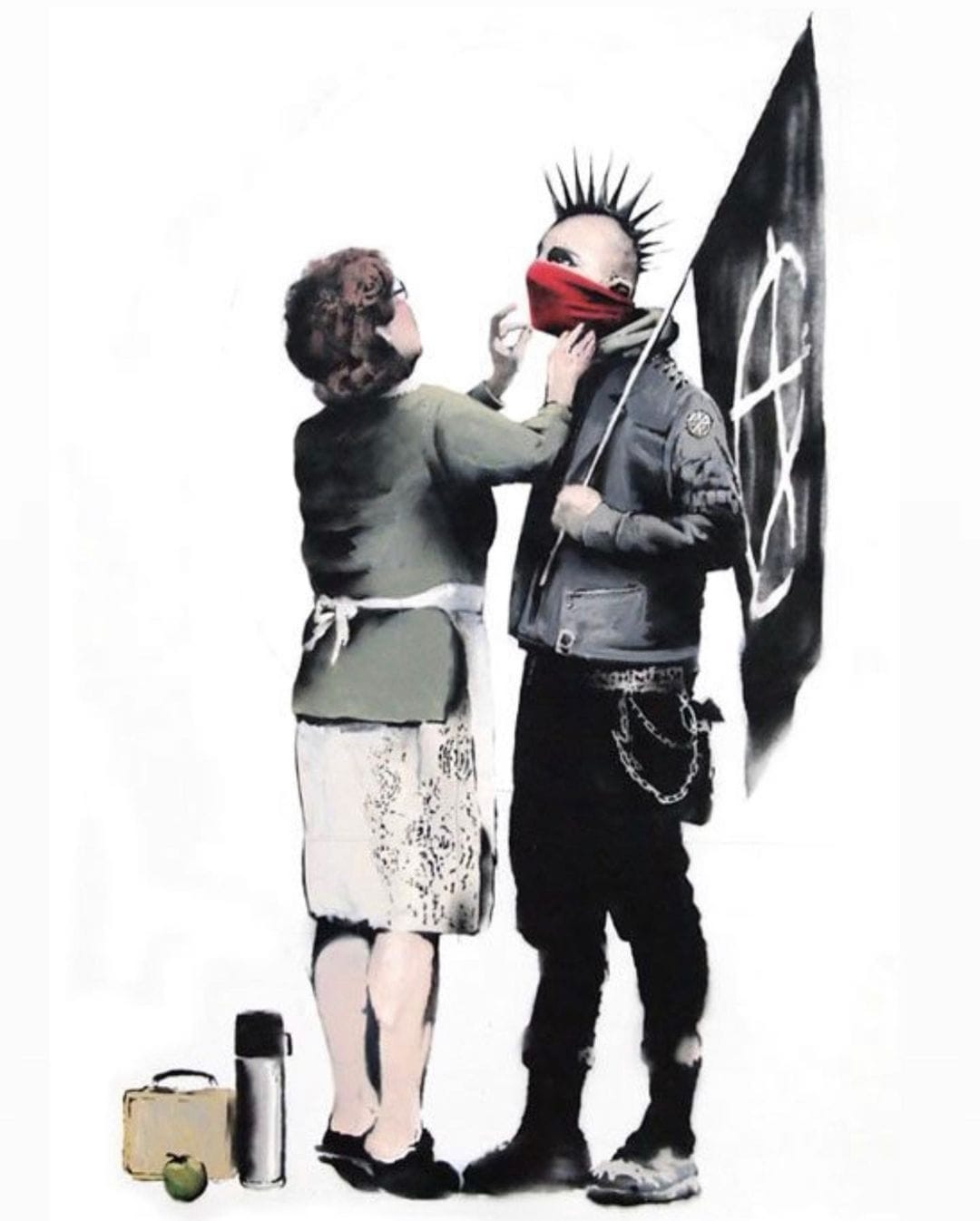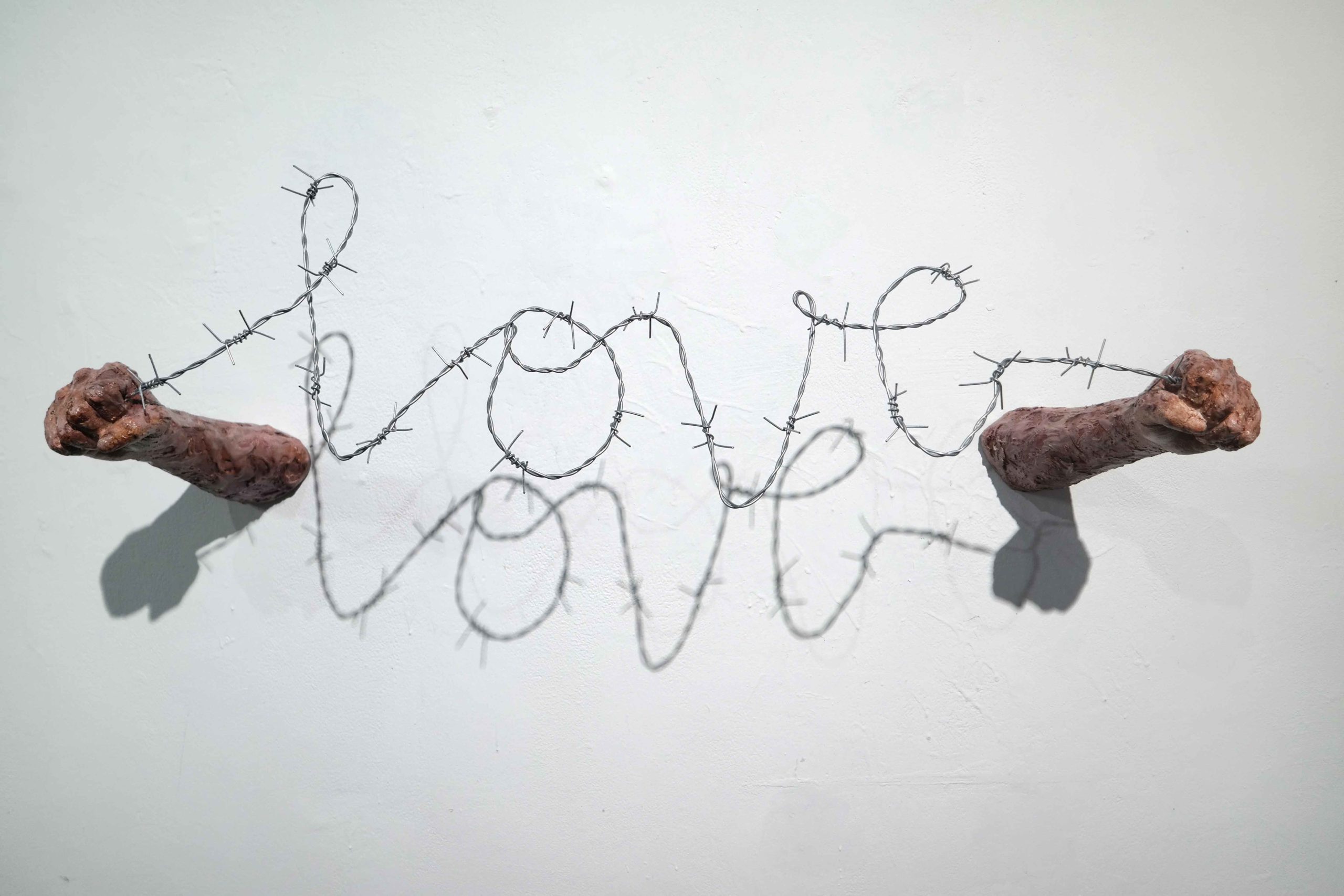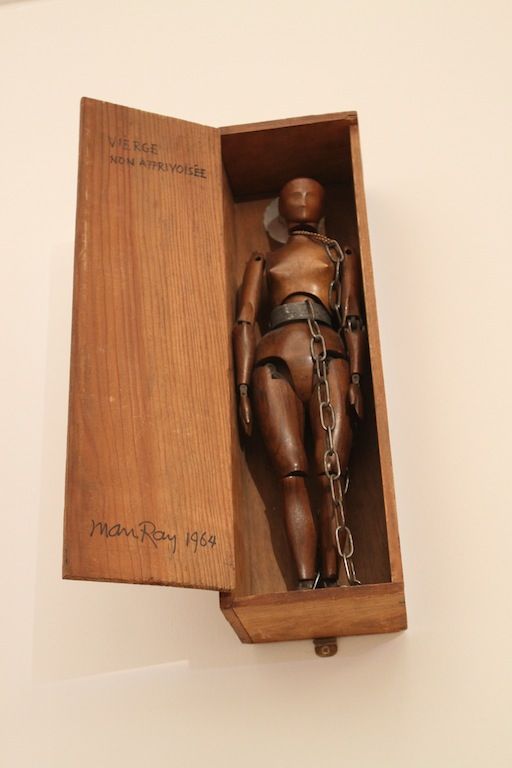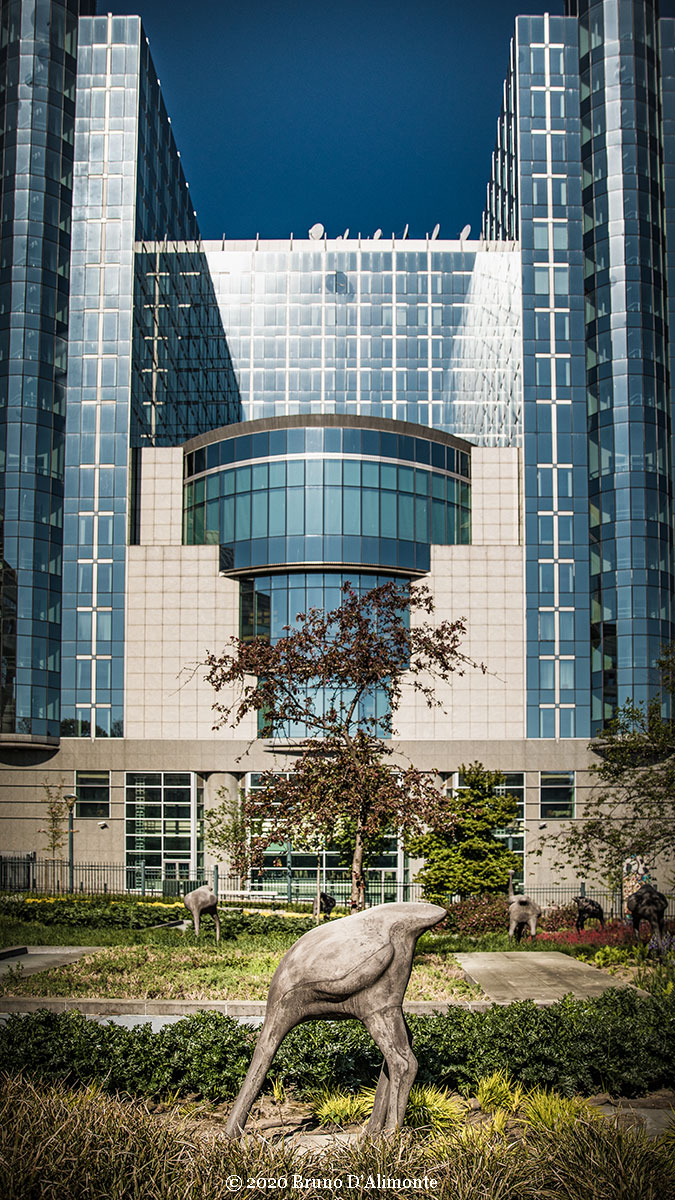Revolution 3

“Vor den beiden großen Revolutionen am Ende des achtzehnten Jahrhunderts gab es einen eigentlichen Revolutionsbegriff nicht. Denn dieser ist unlösbar mit der Vorstellung verhaftet, daß sich innerhalb der weltlichen Geschichte etwas ganz und gar Neues ereignet, daß eine neue Geschichte anhebt. …
Nur wo dieses Pathos des Neubeginns vorherrscht und mit Freiheitsvorstellungen verknüpft ist, haben wir das Recht, von Revolution zu sprechen. Woraus folgt, daß Revolutionen prinzipiell etwas anderes sind als erfolgreiche Aufstände, daß man nicht jeden Staatsstreich zu einer Revolution auffrisieren darf und daß nicht einmal jeder Bürgerkrieg bereits eine Revolution genannt zu werden verdient. …
Der politischen Sprache vor der Neuzeit stand ein erheblicher Wortschatz zur Verfügung, wenn sie von Aufruhr und Aufstand der Untertanen gegen eine wie immer geartete Herrschaft handeln wollte, aber sie verfügte über kein Wort, das einen Umschwung bezeichnet hätte, in dem die Untertanen selbst zu Herrschern werden.”
“Das hervorstehende Merkmal erfolgreicher Revolutionen in unserem Jahrhundert ist, daß sie die Sprache der Notwendigkeit sprechen und in der Gewaltherrschaft enden. … Es gibt vermutlich in der Geschichte überhaupt keine Revolution, die von den Massen der Armen selbst spontan in die Wege geleitet wurde, genauso wie keine Revolution je aus dem bloßen Aufruhr der Unzufriedenheit oder den Komplotten von Verschwörern entstanden ist … Es ist ein Zeichen echter Revolutionen, daß sie in ihren Anfangsstadien leicht und verhältnismäßig blutlos verlaufen, daß ihnen die Macht gleichsam in den Schoß fällt, und der Grund hierfür liegt darin, daß sie überhaupt nur möglich sind, wo die Macht auf der Straße liegt und die Autorität des bestehenden Regimes hoffnungslos diskreditiert ist. Revolutionen sind die Folgen des politischen Niedergangs eines Staatswesens, sie sind niemals dessen Ursache. …
Selbst wenn der entscheidende Autoritätsverlust bereits völlig manifest geworden ist, bedarf es für den Ausbruch der Revolution [allerdings] immer noch der Existenz einer genügenden Anzahl von Menschen, die auf einen Zusammenbruch mehr oder weniger vorbereitet und willens sind, die Macht zu ergreifen. …”
aus: Hannah Arendt: Über die Revolution. München: Piper 1963, S.33-49; 147/48.
Abb.: Banksy.
03/10



